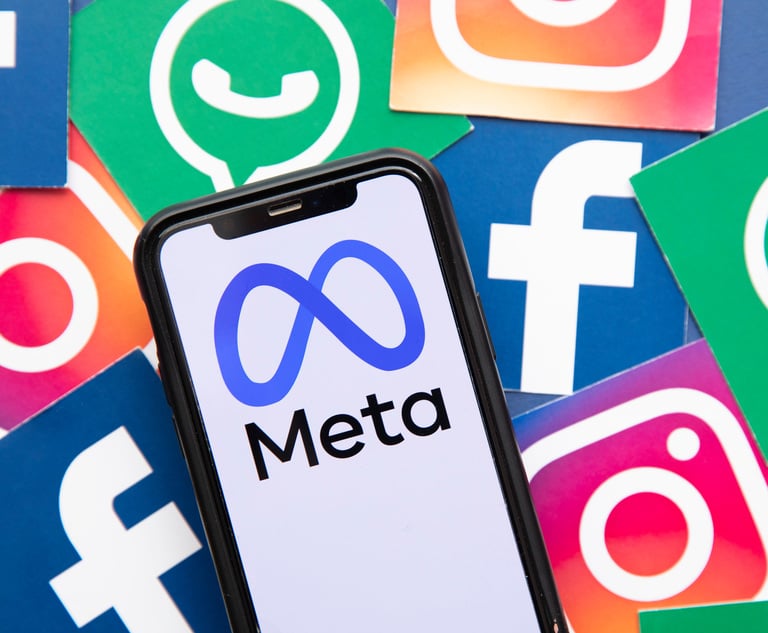Artificial intelligence (AI) touches nearly every aspect of our lives, and the workplace is no exception. Employers have become increasingly reliant on automated tools that use AI to streamline hiring processes, improve employee assessments, and track and enhance worker productivity, among other uses. For New York City employers, these tools are about to become regulated unlike ever before—and more robustly than anywhere else. Effective Jan. 1, 2023 (unless otherwise delayed), employers must begin adhering to the requirements of NYC Local Law 144, which sets forth several steps that employers must take before implementing or continuing to use “automated employment decision tools” (AEDTs).
While NYC Local Law 144 is the most robust law regulating AEDTs passed to date, it is not the first. Both Illinois and Maryland previously enacted laws regulating AEDTs, the former addressing the use of AI in analyzing video interviews and the latter aimed at facial recognition services in interviews. The Equal Employment Opportunity Commission has issued technical guidance addressing how the use of AI and AEDTs could violate disability protections under the Americans with Disabilities Act. Congress recently introduced the Algorithmic Accountability Act of 2022, which would broadly regulate the use of AI in several contexts, including employment, and the White House released a comprehensive “Blueprint for an AI Bill of Rights,” outlining several considerations germane to the use of AI in the employment context. The National AI Initiative Act of 2020 also set the stage for the federal government to accelerate AI research and its application as a matter of national economics and security. Thus, New York City may be at the forefront of comprehensive employment-based AI regulation, but it likely will not be alone for long.


 Credit: mast3r/Adobe Stock
Credit: mast3r/Adobe Stock




